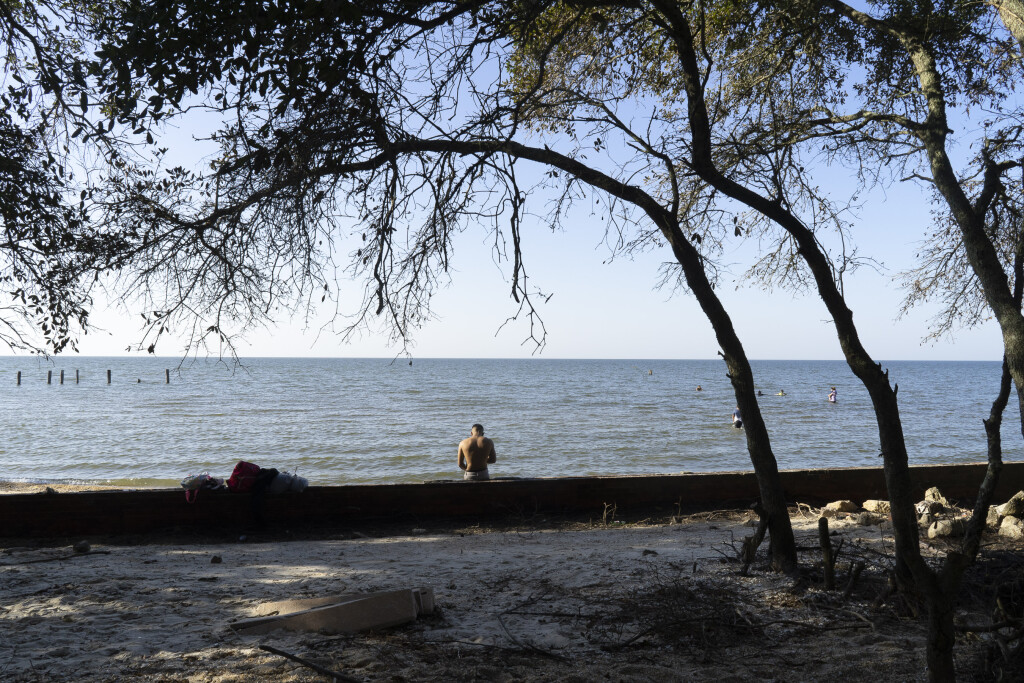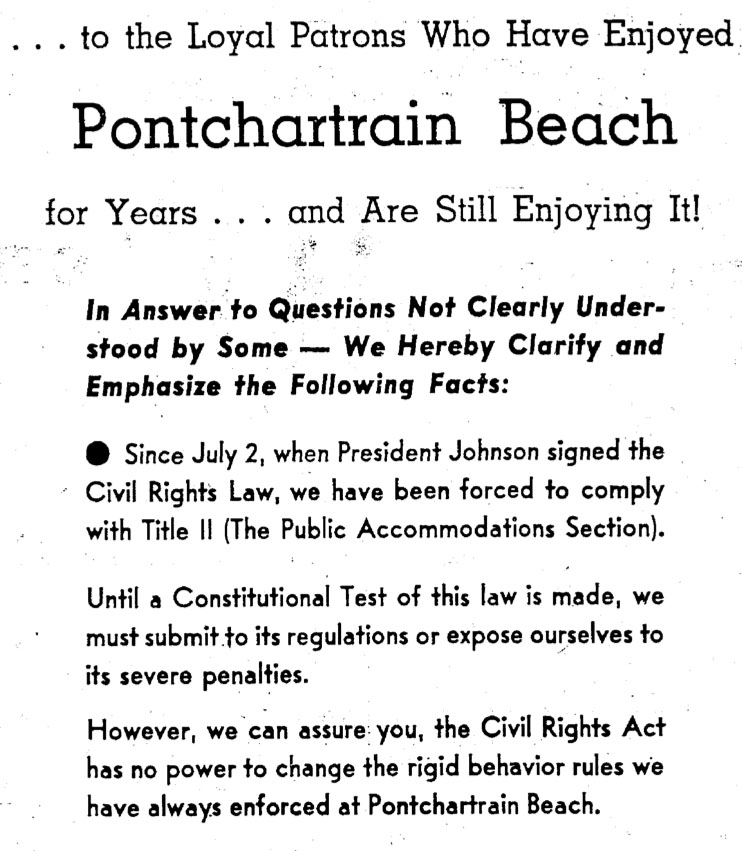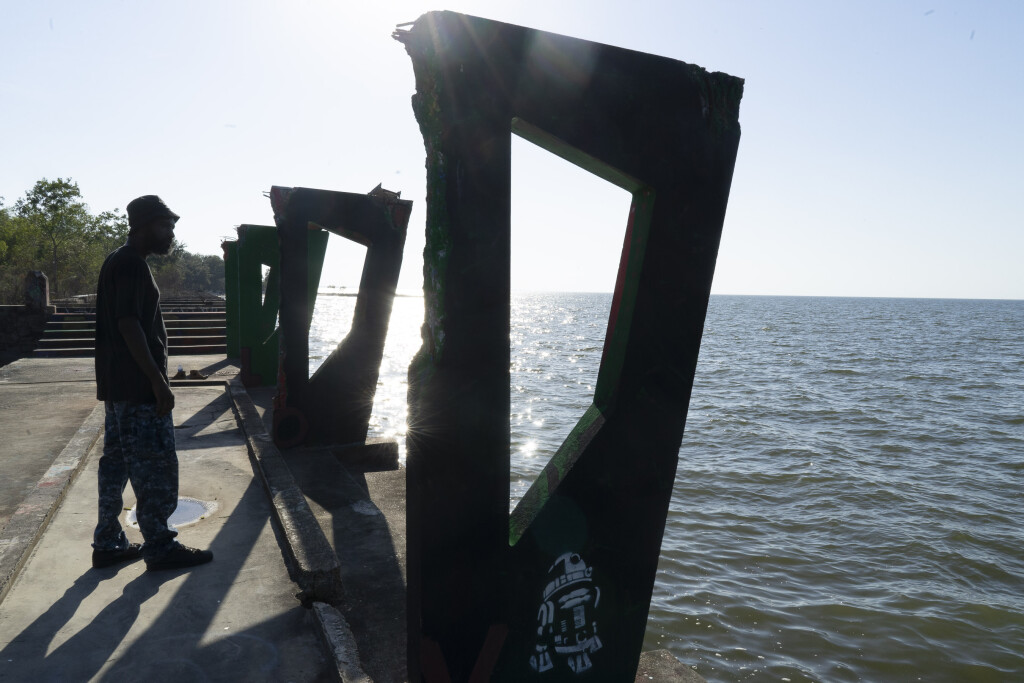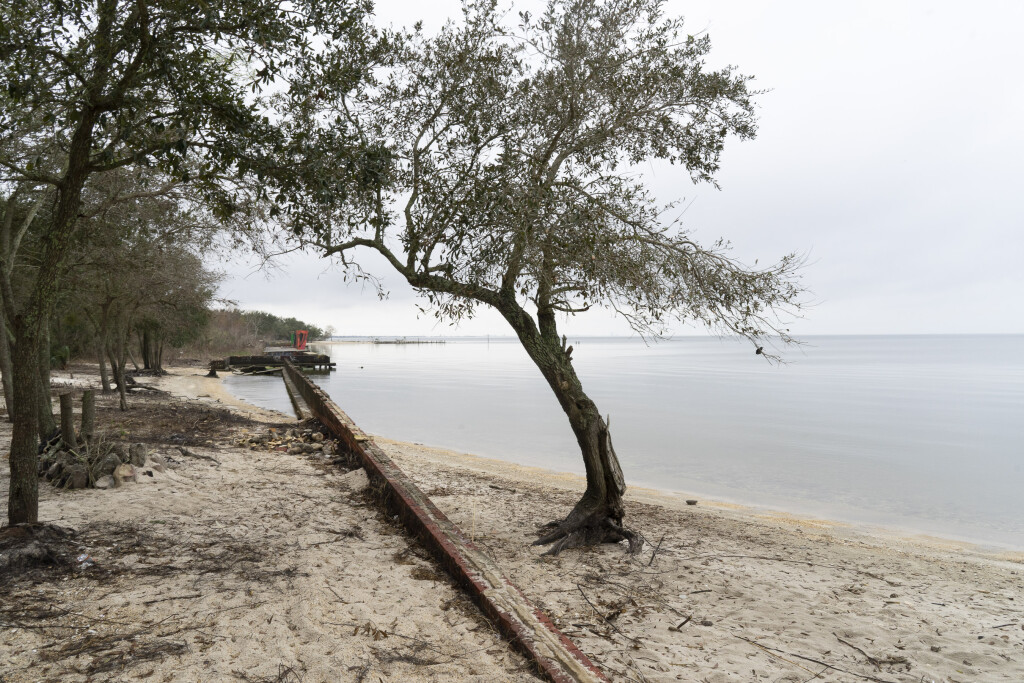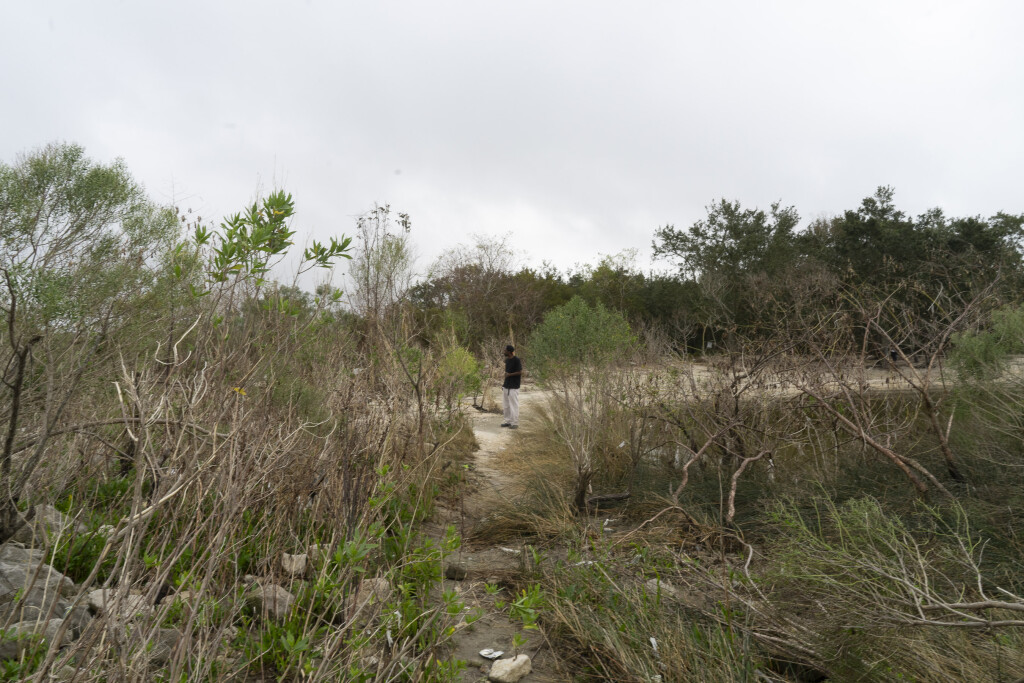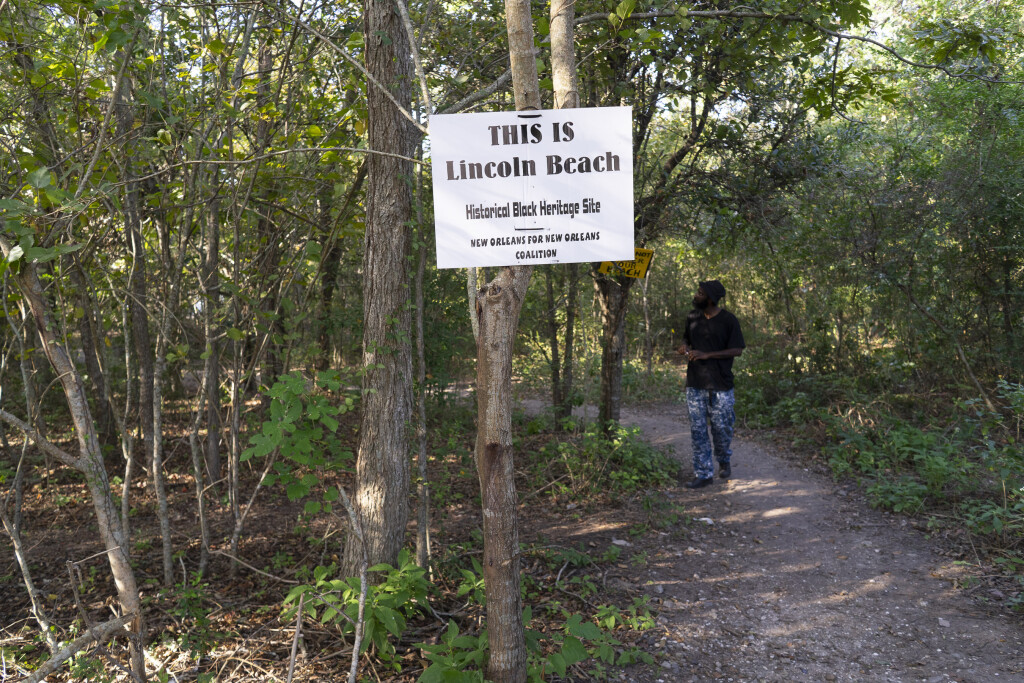
We often take the long way to New Orleans East to visit family. Two massive vintage signs peak out from a massive overgrowth across from the levee. The arrows point the way to Lincoln Beach.
The beach was open from 1939 to 1965 during segregation as the sister beach to the “whites only” Pontratrain Beach.
In 1964, Lyndon B. Johnson passed the Civil Rights Act that outlawed racial discrimination and segregation. The city had to comply, and instead of keeping two beaches, they decided to only maintain Pontchartrain.
While Pontchartrain was bigger than Lincoln Beach, it didn’t welcome the Black residents forced to go there to get in the water. The first weekend Times-Picayune said overall crowds at the beach were down, but “as many as 35 Negroes at one time” were there, and so they closed the pool. There were reported “minor” issues, like a Black kid getting his tires deflated. Next month, the beach ran an ad saying that while they had to comply with the Civil Rights Act, they would not lower their standards of cleanliness and enforcement of good behavior.
Today there is a sign on the fence on the levee that says “Love” with an arrow pointing to seemingly nowhere. The sign marks the spot where you can hop the fence to climb down a makeshift pallet staircase. After crossing the train tracks, there is a path into the woods. About 30 yards in, it opens into paradise—a beautiful beach in New Orleans proper.
Reggie Ford, an artist faced with nothing but time during quarantine, began cleaning the area, one trash bag at a time. He made furniture out of old pallets. Others joined him. Together, they honor the past and provide a future where families can explore the old shelters and structures, and wade in the clean, clear water.
